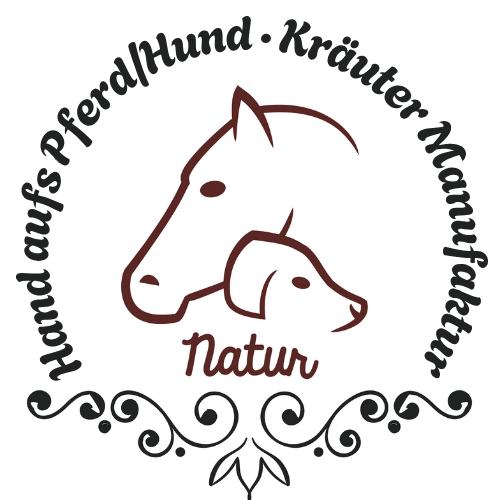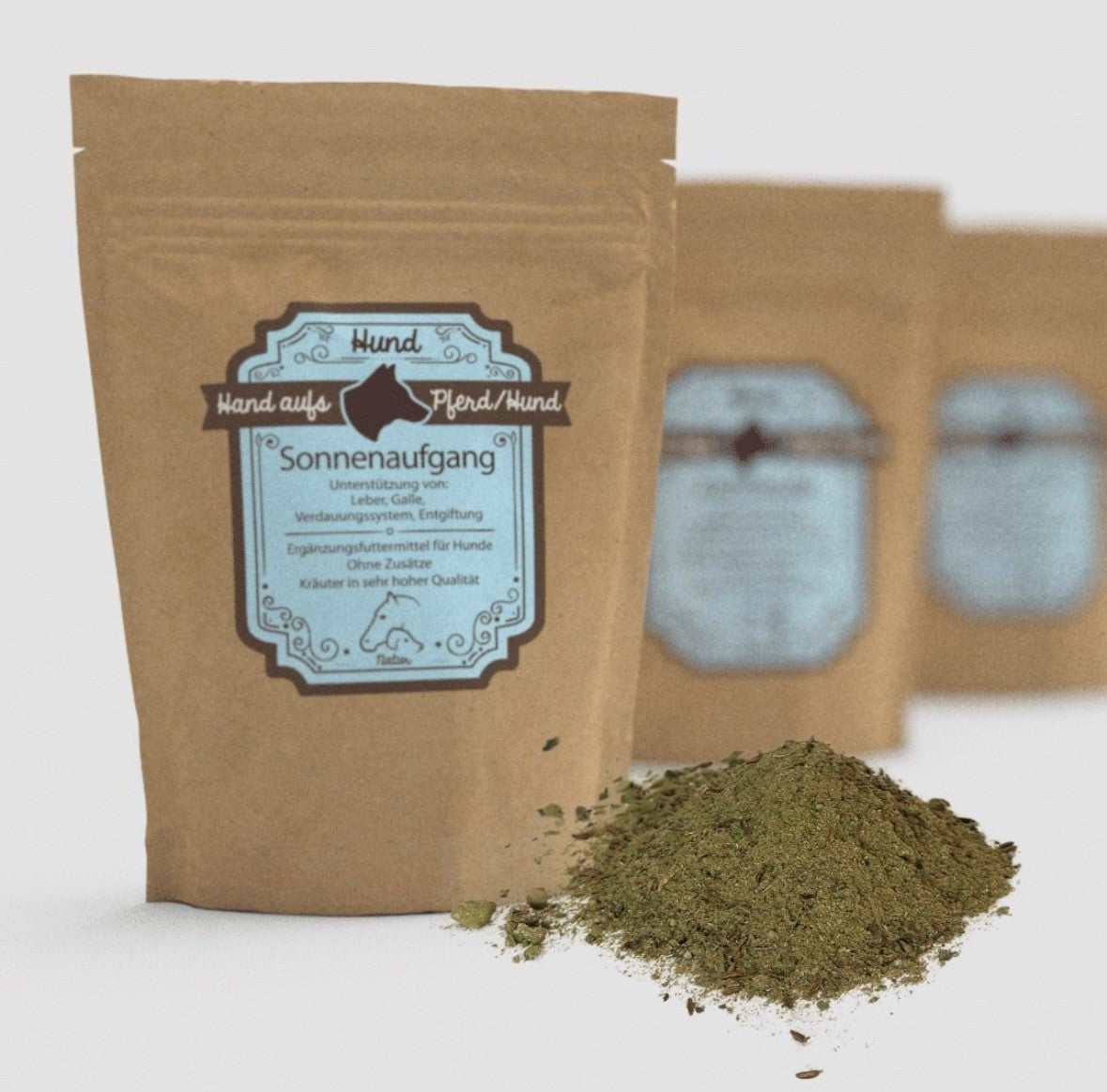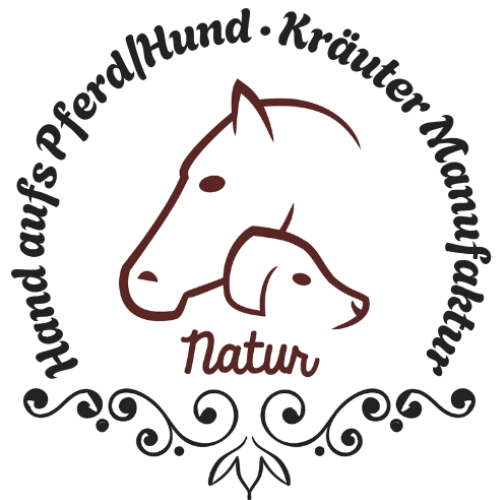Fresh or dried fennel for horses
The fact is that there is no fennel in the wild, and certainly no fresh fennel, as a food source for horses.
Nevertheless, fresh fennel is considered a juicy feed and has a high vitamin C content.
Juicy feeds generally have a short shelf life, and they also have very low crude fiber and high water content, but they are highly digestible. Fennel is also rich in trace elements and minerals, which, as we know, are particularly well-metabolized by horses in their pure, natural form.
Fennel is therefore a good succulent feed for horses and is used for the intestinal and respiratory systems. Fresh fennel, as well as dried fennel for horses, is rich in:
Vitamin C, sodium, potassium, calcium, magnesium, phosphorus, sulfur, chlorine, iron, zinc, copper, manganese, fluorine, iodine, antioxidants
Fennel for horses – fresh or dried: which is better for horses?
Fennel has long played a prominent role in the world of equine nutrition. This aromatic herb is not only popular with humans but also a great addition to our horses' diets. But which is better for your horse: fresh or dried fennel? Here we'll look at the pros and cons of both forms for equine health.
Fennel is known for its diverse health benefits in both human and animal diets.
Fresh fennel for horses – The fennel bulb
Advantages:
- Enzymes and nutrients: Fresh fennel provides live enzymes and higher levels of certain volatile oils.
- Hydration: Fresh food also contributes to fluid intake, which can be particularly beneficial on hot days.
Disadvantages:
- Shelf life: Fresh fennel can spoil quickly, which in practice means that it must be fed quickly.
- Availability: Depending on the season and region, fresh fennel can be difficult to obtain.
Dried fennel for horses
Advantages:
- Enzymes and nutrients: are preserved with gentle drying.
- Shelf life: Dried fennel has a long shelf life and can be a practical addition to food throughout the year.
- Simplicity: It is easy to store and portion.
Disadvantages:
- Moisture: Dried products do not contribute to the hydration of the animal.
What is the best choice for your horse?
The answer depends on several factors, including the horse's personal preference, availability, storage options, and the desired health benefits. While fresh fennel may have a higher moisture content, the practicality of dried fennel is not to be underestimated for many horse owners. Here are some points to consider when choosing the best option for your horse:
Nutritional needs: Consider your horse's specific health condition and needs. For example, if your horse is prone to respiratory problems, dried fennel may be more beneficial due to its higher volatile oil content.
Practicability: Do you have the ability to regularly source and store fresh fennel without it spoiling? If not, dried fennel might be a more convenient and economical option.
Taste and preference: Some horses may prefer the texture and freshness of fresh fennel, while others may prefer dried varieties.
Integration into the Feeding: Another consideration is how easily fennel can be incorporated into daily feeding. While dried fennel can simply be mixed into the feed, fresh fennel may require a separate feeding time.
Cost-effectiveness: Fresh fennel may be more expensive than dried fennel depending on the season and availability in your area.
Both fresh and dried fennel have their specific benefits and uses in horse nutrition. It's important to always offer it in moderation and carefully observe your horse's response. Initially, you should start with small amounts and gradually increase the amount to see how your horse responds.
Ultimately, it's a matter of balancing nutritional content, practicality, and your horse's personal preferences with availability in your area—because whether fresh or dried, it's wonderful that you're willing to use natural herbs to support your horse's well-being.
Source: Martina Hemm May 2025




